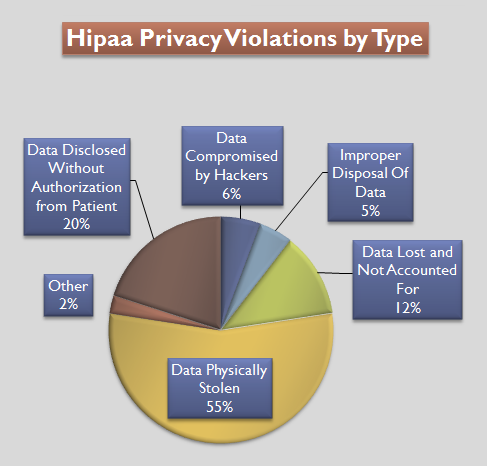|
Zone Program Integrity Contractor
The Zone Program Integrity Contractor (ZPIC) is an entity established in the United States by the Centers for Medicare & Medicaid Services (CMS) to combat fraud, waste and abuse in the Medicare program. As a result of the Medicare Prescription Drug, Improvement, and Modernization Act of 2003, which established seven zones throughout the United States for the purpose of processing Medicare claims, CMS created ZPICs to more effectively protect the Medicare program. ZPICs replaced Program Safeguard Contractors (PSC), which had been established by the Health Insurance Portability and Accountability Act of 1996. References Medicare and Medicaid (United States) {{med-org-stub ... [...More Info...] [...Related Items...] OR: [Wikipedia] [Google] [Baidu] |
Centers For Medicare & Medicaid Services
The Centers for Medicare & Medicaid Services (CMS), is a federal agency within the United States Department of Health and Human Services (HHS) that administers the Medicare program and works in partnership with state governments to administer Medicaid, the Children's Health Insurance Program (CHIP), and health insurance portability standards. In addition to these programs, CMS has other responsibilities, including the administrative simplification standards from the Health Insurance Portability and Accountability Act of 1996 (HIPAA), quality standards in long-term care facilities (more commonly referred to as nursing homes) through its survey and certification process, clinical laboratory quality standards under the Clinical Laboratory Improvement Amendments, and oversight of HealthCare.gov. CMS was previously known as the Health Care Financing Administration (HCFA) until 2001. CMS actively inspects and reports on every nursing home in the United States. This includes maintaini ... [...More Info...] [...Related Items...] OR: [Wikipedia] [Google] [Baidu] |
Medicare (United States)
Medicare is a government national health insurance program in the United States, begun in 1965 under the Social Security Administration (SSA) and now administered by the Centers for Medicare and Medicaid Services (CMS). It primarily provides health insurance for Americans aged 65 and older, but also for some younger people with disability status as determined by the SSA, including people with end stage renal disease and amyotrophic lateral sclerosis (ALS or Lou Gehrig's disease). In 2018, according to the 2019 Medicare Trustees Report, Medicare provided health insurance for over 59.9 million individuals—more than 52 million people aged 65 and older and about 8 million younger people. According to annual Medicare Trustees reports and research by the government's MedPAC group, Medicare covers about half of healthcare expenses of those enrolled. Enrollees almost always cover most of the remaining costs by taking additional private insurance and/or by joining a public Part C or P ... [...More Info...] [...Related Items...] OR: [Wikipedia] [Google] [Baidu] |
Medicare Prescription Drug, Improvement, And Modernization Act
The Medicare Prescription Drug, Improvement, and Modernization Act, also called the Medicare Modernization Act or MMA, is a federal law of the United States, enacted in 2003. It produced the largest overhaul of Medicare in the public health program's 38-year history. The MMA was signed by President George W. Bush on December 8, 2003, after passing in Congress by a close margin. Prescription drug benefits The MMA's most touted feature is the introduction of an entitlement benefit for prescription drugs, through tax breaks and subsidies. In the years since Medicare's creation in 1965, the role of prescription drugs in patient care has significantly increased. As new and expensive drugs have come into use, patients, particularly senior citizens at whom Medicare was targeted, have found prescriptions harder to afford. The MMA was designed to address this problem. The benefit is funded in a complex way, reflecting diverse priorities of lobbyists and constituencies. * It provides ... [...More Info...] [...Related Items...] OR: [Wikipedia] [Google] [Baidu] |
Health Insurance Portability And Accountability Act Of 1996
The Health Insurance Portability and Accountability Act of 1996 (HIPAA or the Kennedy– Kassebaum Act) is a United States Act of Congress enacted by the 104th United States Congress and signed into law by President Bill Clinton on August 21, 1996. It modernized the flow of healthcare information, stipulates how personally identifiable information maintained by the healthcare and healthcare insurance industries should be protected from fraud and theft, and addressed some limitations on healthcare insurance coverage. It generally prohibits healthcare providers and healthcare businesses, called ''covered entities'', from disclosing protected information to anyone other than a patient and the patient's authorized representatives without their consent. With limited exceptions, it does not restrict patients from receiving information about themselves. It does not prohibit patients from voluntarily sharing their health information however they choose, nor does it require confidentialit ... [...More Info...] [...Related Items...] OR: [Wikipedia] [Google] [Baidu] |

